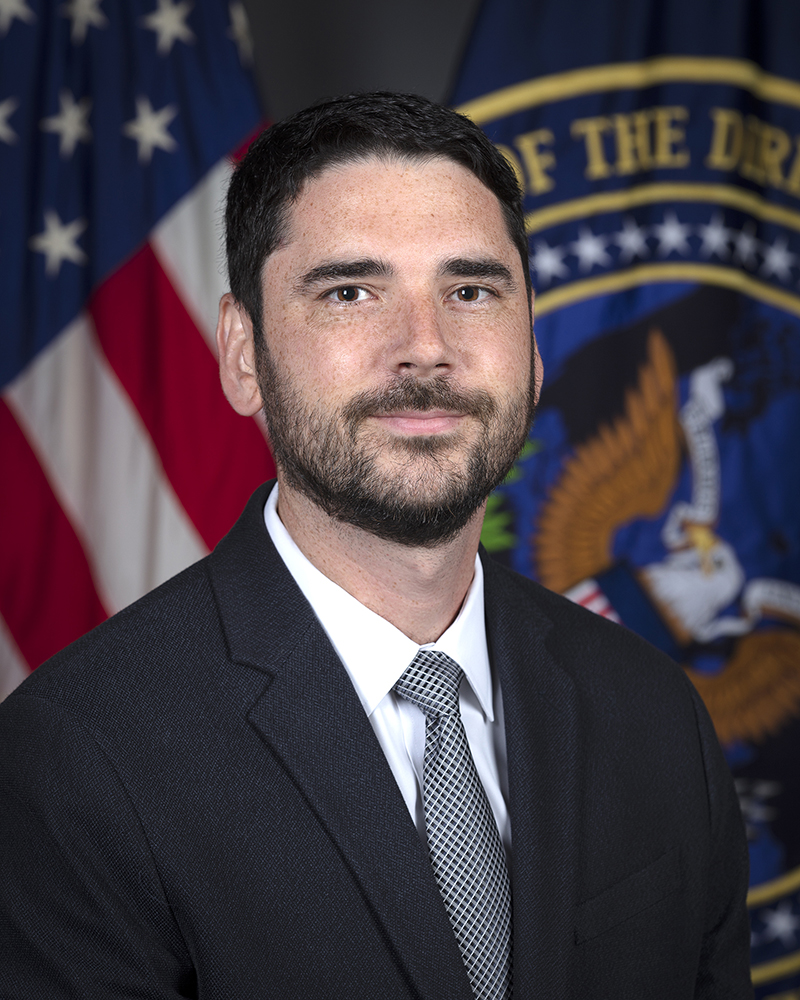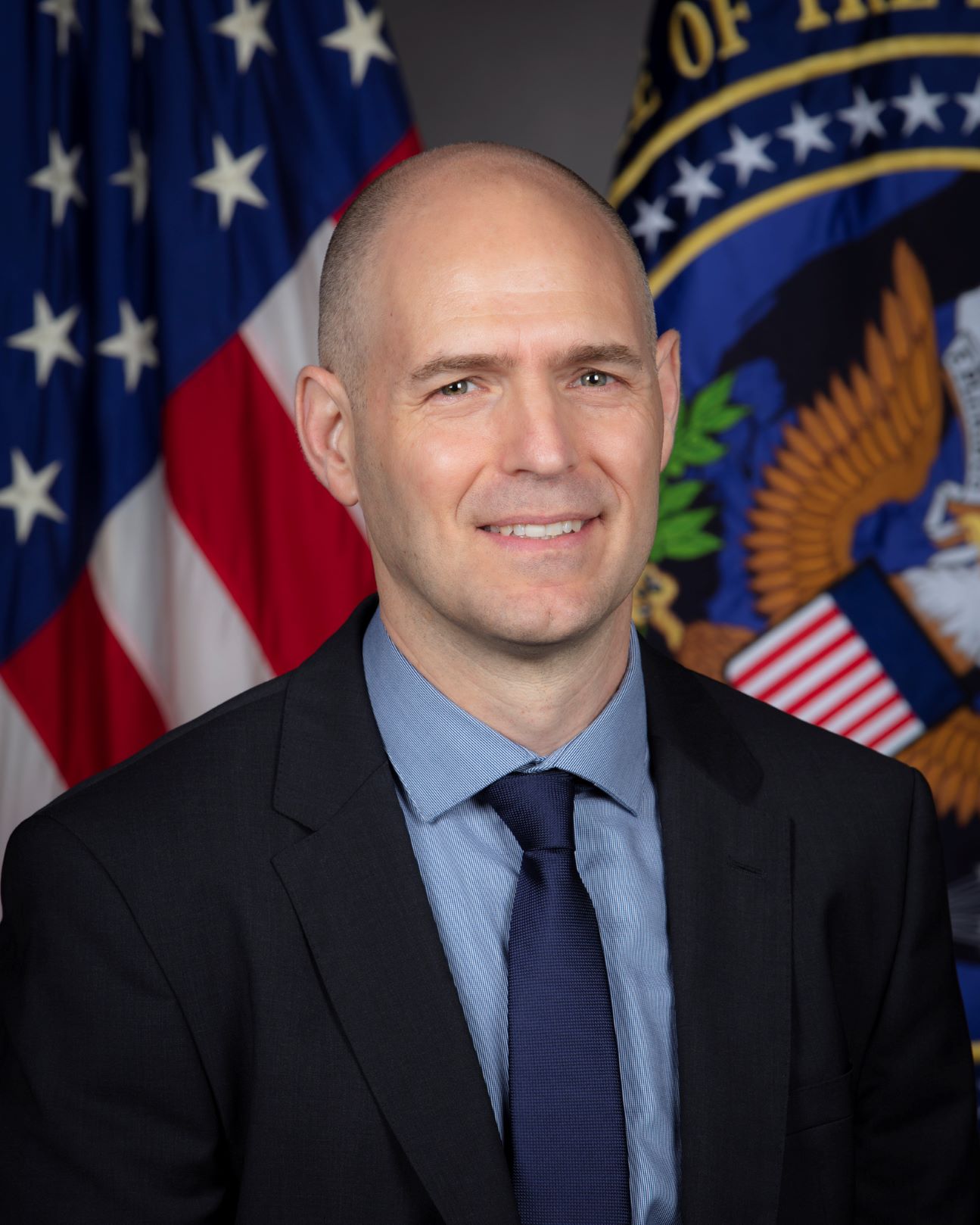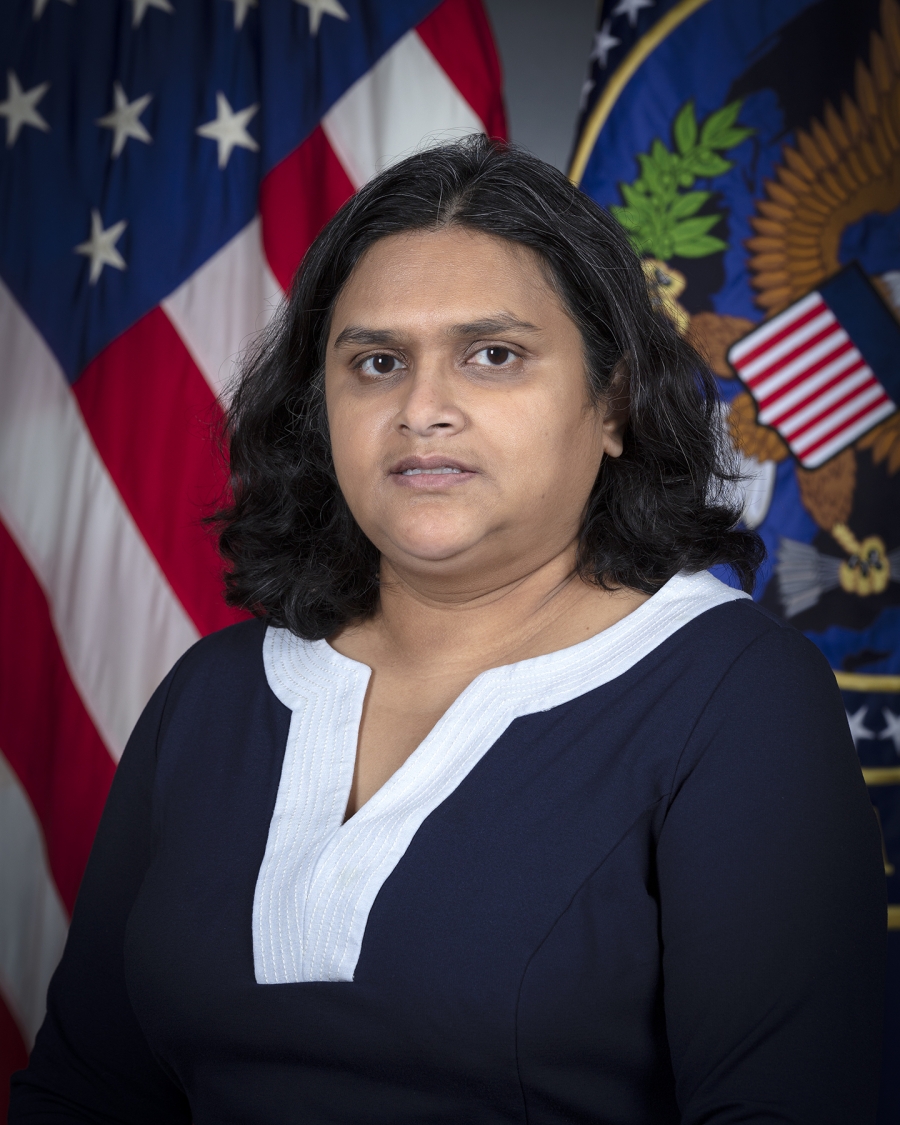Leadership
IARPA has been fortunate to have a number of distinguished leaders since its inception in 2007. Each leader has brought a wealth of expertise to help guide and support IARPA and the crucial role it plays within the Intelligence Community (IC).
Going forward, IARPA’s leadership will continue to push the boundaries of scientific research to ensure the IC maintains its edge and continues to be the indispensable backbone of our nation’s security.
Vacant, IARPA Director

Dr. Jack Cooper, Acting Deputy Director of IARPA
Dr. Jack Cooper was named Acting Deputy Director of IARPA in July 2025. He rejoined IARPA in January 2025 as the Office Director for Analysis where he led the office he previously served as a Program Manager. Prior to returning to IARPA, Dr. Cooper was the Division Chief for Predictive & Forensic Analytics at the National Geospatial-Intelligence Agency (NGA) Research & Development Directorate. There, he consolidated algorithm development activities into larger strategic thrusts tightly aligned to NGA mission, significantly increasing the number of operational transitions. Dr. Cooper also served NGA as a Senior Staff Scientist, creating and executing programs to automate Motion GEOINT processing and preparing NGA for new data streams through prototyping and field experiments. As an IARPA Program Manager, Dr. Cooper led three programs focused on automating and scaling the Intelligence Community's ability to detect and characterize human activity in a variety of mediums. Dr. Cooper graduated from Clemson University in 2012 with both doctorate and master's degrees in mathematical sciences. He previously graduated from the University of Maryland in 2007 with a bachelors' degree in mathematics and government and politics.

Dr. William Benard, Director of Collection Research
Dr. Benard joined IARPA in May 2024 as the Office Director for Collection Research. His primary research interests are: the science of design; distributed sensing; design and manufacture of complex products; additive manufacturing; and semiconductor materials, devices, and architectures. Prior to arriving at IARPA, Dr. Benard was Chief of the Photonics Electronics and Quantum Sciences Division at the DEVCOM Army Research Laboratory (ARL). He has also served in a range or roles including as ARL’s Senior Campaign Scientist for Materials Research, Acting Chief of the Electro-Optics and Photonics Division, and Manager of ARL’s Specialty Electronic Materials and Sensors Cleanroom (SEMASC). His research initiatives have included working on a wide range of Defense Advanced Research Projects Agency (DARPA) programs, including inertial sensors, X-ray lithography systems, and optical switches, as well as NASA payloads, multiple genomic X-prize efforts, and radiation detectors. Dr. Benard holds a Ph.D. in electrical and computer engineering from Carnegie Mellon University, a M.Sc. in electrical engineering and applied physics from Case Western Reserve University, and a B.Sc. in electrical engineering from the University of Witwatersrand.

Ashwini Deshpande, Acting Director of Analysis Research
Ashwini Deshpande was named Acting Director, Office of Analysis, in August 2025. She joined IARPA in January of 2022. Mrs. Deshpande focuses on areas of scientific research that includes computer vision, machine learning, and image processing. She is presently leading IARPA's efforts on the WRIVA program that aims to develop algorithmic systems to create photorealistic, navigable site models using a highly limited corpus of imagery.Prior to joining IARPA, Mrs. Deshpande worked at the National Geospatial Intelligence Agency from 2014 to 2019 where she served as a Systems Integrator and Technical Advisor in the Office of Special Programs and Research Directorate and assisted with the launching and management of new programs in Analytic Automation, Image and Video Processing, and Radar.Mrs. Deshpande graduated from Massachusetts Institute of Technology in 1999 with a Bachelor’s degree in electrical engineering and a Master’s degree in atmospheric science in 2000.
